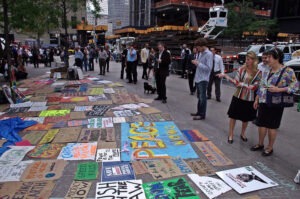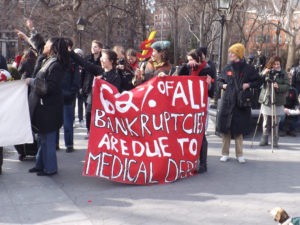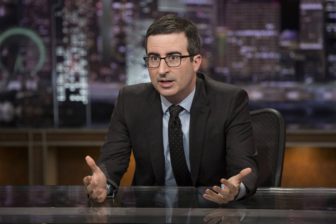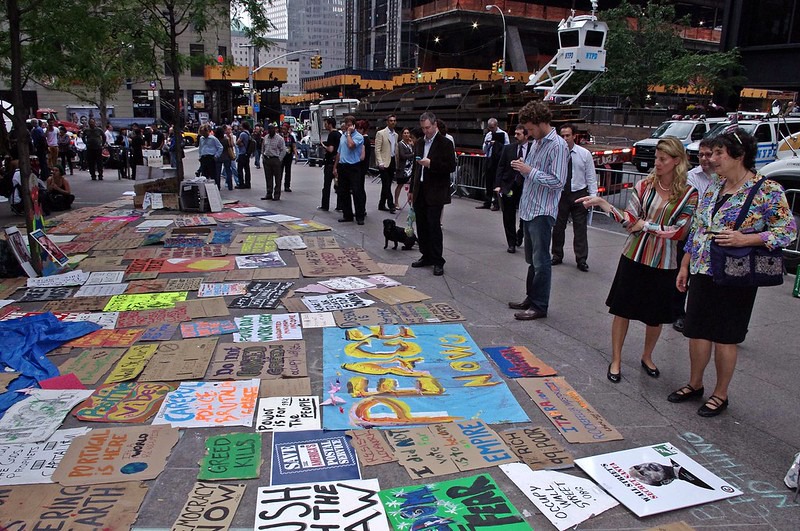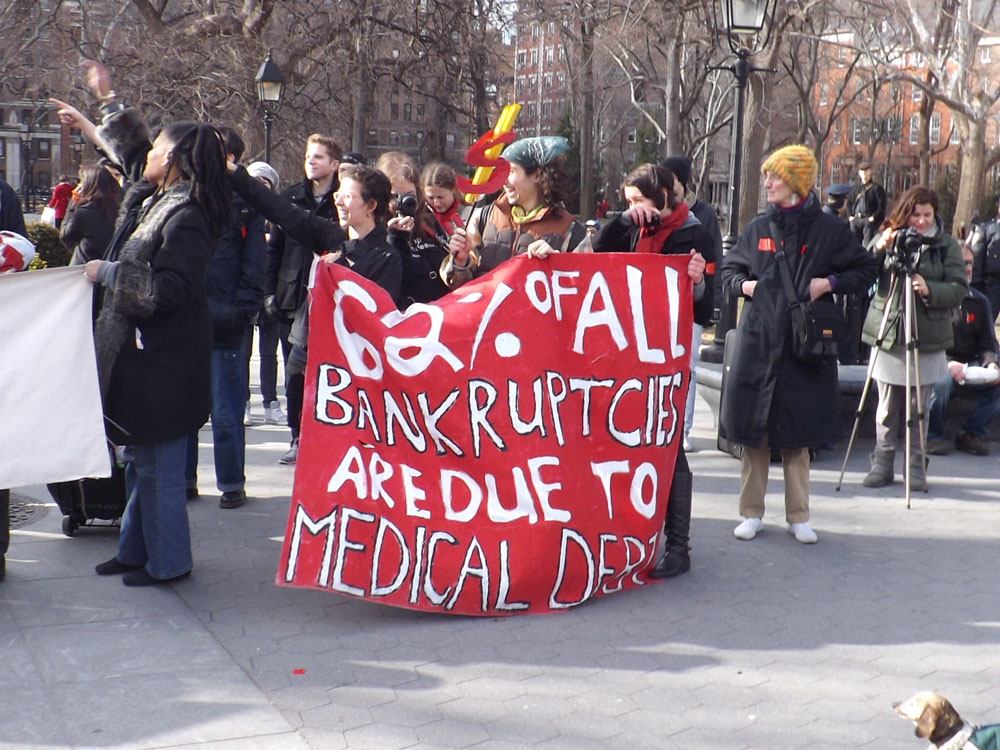October 24, 2011; Source: Miller-McCune.com | New York University psychologist John Jost studies why people protest and why they don’t. He has concluded that because we have a deep psychological need for certainty and security, we are biased toward rationalizing the status quo. Jost cites climate change debates and health care reform as two policy arenas in which this “stay-the-course” dynamic has been evident. He argues that our need for certainty and security creates motivation for seeing the socioeconomic system we live in as fair and just, regardless of our experience. In the case of the Occupy Wall Street movement, Jost believes that enormous uncertainty after the initial financial collapse “probably undermined rather than hastened the motivation to protest against the Wall Street bailout.”
Why? In a recent paper titled “Why Men (and Women) Do and Don’t Rebel,” Jost observes that while the impulse to actively protest is stronger in some people than others, even those who are predisposed to protest are less likely to act when they feel uncertain about the future. He demonstrated this dynamic in an experiment involving 108 NYU students.
Sign up for our free newsletters
Subscribe to NPQ's newsletters to have our top stories delivered directly to your inbox.
By signing up, you agree to our privacy policy and terms of use, and to receive messages from NPQ and our partners.
First, students answered a series of questions to measure the degree to which they “reflexively justify our economic system.” Then, the students were split into two groups and asked to write short essays: one group wrote about watching television, while the other wrote about “the experience of being uncertain.” Next, all read excerpts from a New York Times article that colorfully described how the nation’s banks were being bailed out by a new federal government plan. Finally, all were asked how willing they were to engage in protests against this plan. In the end, the students who had already justified the economic system were neither more nor less likely to protest, but those who were predisposed to protest were less willing to do so if they had been primed to think about uncertainty in their lives.
The economic uncertainty we’ve been feeling since the initial economic collapse—waiting to see whether stimulus measures would work, whether the recession would double dip, whether our own jobs or mortgages would be safe—have dampened the impulse to protest, until now. Jost hypothesizes that two trends have shifted in favor of protest and public sympathy toward protesters: more otherwise patriotic people believing they have nothing left to defend about the economy, and snowballing media coverage of protest around the world.—Kathi Jaworski


